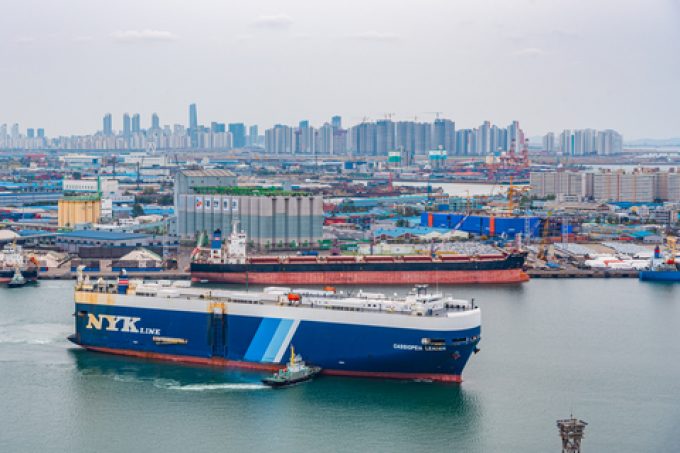Backhaul blues and a gradual decline in liner schedule reliability
Liner schedule reliability data continues to show the Gemini Cooperation achieving the highest on-time vessel ...

MSC has suspended its KAMC service, which connected South Korea’s Incheon port with Russia’s Kamchatka peninsula, citing falling cargo volumes amid the Russia-Ukraine war.
This has dealt another blow to Incheon port after Pacific International Lines pulled its SWS service, which linked Incheon to West Africa, at the end of June. This was attributed to a decline in shipments of used cars from South Korea.
In the first four months of the year, Incheon, South Korea’s third-busiest container port after Busan and ...
Outlook for container shipping 'more uncertain now than at the onset of Covid'
Shippers warned: don't under-value US exports to avoid tariffs – 'CBP will catch you'
Cancelled voyages take the sting out of spot rate declines this week
New Houthi warning to shipping as rebel group targets specific companies
Teamsters union vows UPS will be 'in for a hell of a fight' over jobs cull
K+N CEO unveils impact of US import tariffs on China-origin goods
Blanked sailings in response to falling demand 'just a stop-gap solution'
CMA CGM to reflag box ship as the French carrier eyes growing Indian market
More pressure on transpacific rates as carriers bet on a China-US trade deal
Boeing looks to resell up to 50 aircraft rejected by Chinese buyers
'Strong start' to 2025, despite market uncertainty, says Kuehne + Nagel
US Customs chaos means 'more downside risk than upside potential' for air cargo
Taiwan ministries act to mitigate effect of trade war on agriculture exports
Wan Hai joins box shipping 'arms race', but avoids Chinese yards for newbuilds
MOL signs up with Climeworks for direct air carbon capture and storage

Comment on this article